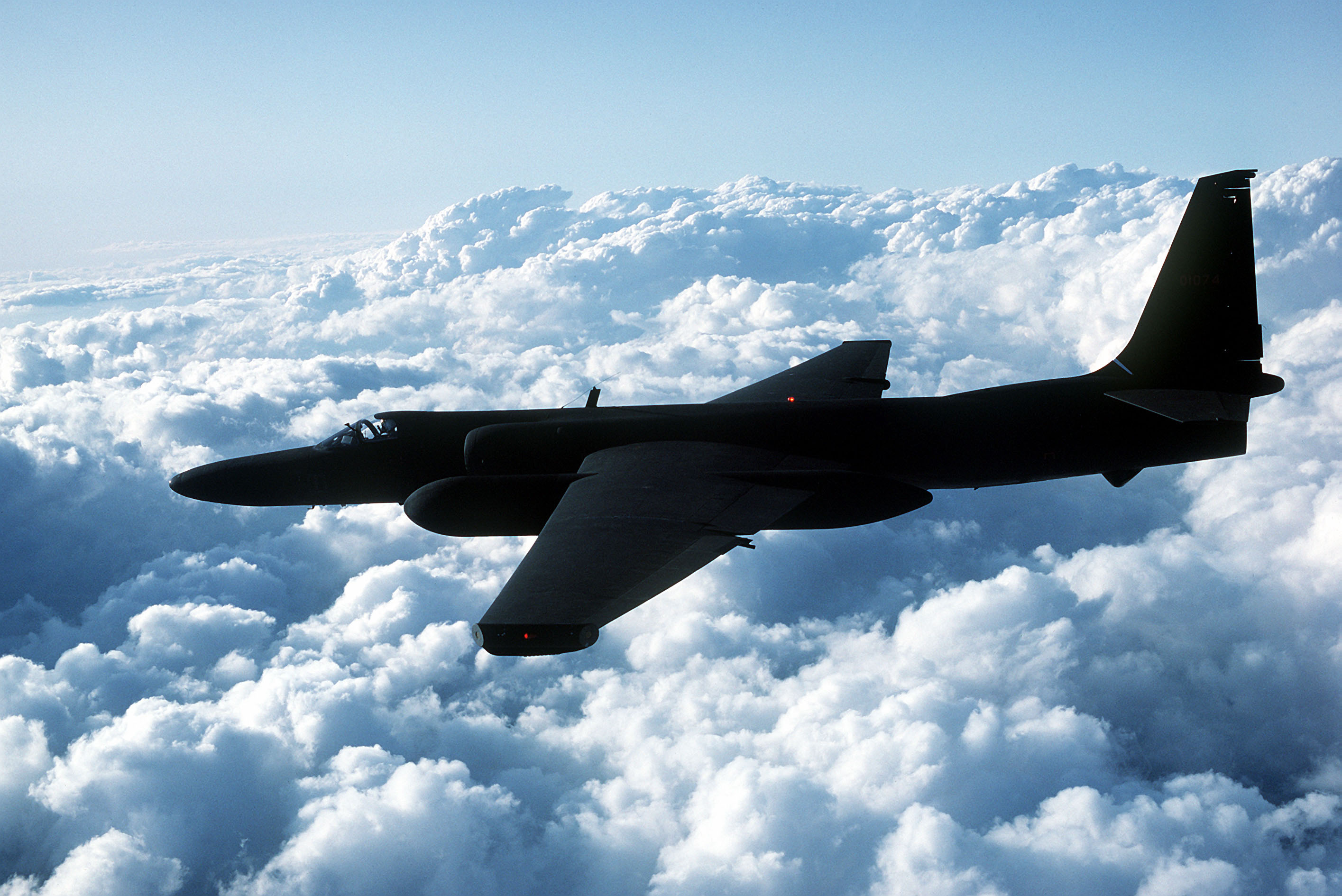
Lockheed U2.
This 2015 movie depicts the events that lead to the Cold War prisoner exchange of Americans Francis Gary Powers and Frederic Pryor for Soviet Spy Rodolph Abel.
Directed by Stephen Spielberg with writing by the Coen brothers, the film cast Tom Hanks in the leading role as American insurance defense lawyer James B. Donovan in a film that's remarkably faithful to the actual events. Donovan, just as the film portrays, was selected by the Brooklyn Bar Association to defend Rudolph Abel, whose real name was William Fisher, a British born (1903) man born to a family of German Russian ex patriot radicals who had returned to Russia in 1921. He served in various capacities for the Soviet state through World War Two and was infiltrated into the United States in 1946. His clover was blown in 1957 after a spy colleague defected over fear of being repatriated to the USSR due to Abel's complaints about his conduct. When he was arrested and charged the Federal Court, using a procedure that has since passed into disuse, assigned the case out to the bar for selection of defense counsel. Donovan was chosen even though he was an insurance defense lawyer as he had experience with the US government and in particularly the OSS during World War Two.
As the movie accurately portrays, Abel served a few years of his sentence before the concept of exchanging him for Francis Gary Powers, the U2 pilot shot down over the Soviet Union, revived his importance. At that point, as the film depicts, Donovan was brought back into the picture and the means and operations of Donovan in connection with securing the prisoner exchange are remarkably accurately portrayed. Indeed, this story may simply be so dramatic in its own right that it needs very little in the way of Hollywood embellishment. It's excellently done.
Like most films there are some departures from 100% accuracy, but frankly there are very, very few. To the extent they are, the story of the exchange is somewhat condensed and the U2 aspect of the story is condensed. The film suggests that Powers flight over the USSR was the first one that occurred, but this is incorrect. U.S. overflights of the Soviet Union started in 1956, four years before Powers was shot down. Indeed, at the time of Powers flight the US was beginning to conclude that the flights had reached their limit as Soviet anti aircraft capabilities were improving. They were not believed to have reached the capability of shooting down the very high flying US yet, but they were believed to be near capable of doing it. Powers flight was, however, the longest overflight ever attempted and it went deeper into the USSR than any prior flight.
The film also does not go into detail over Powers confinement in the USSR, which is longer than the film would suggest. Abel was four years into his sentence when the exchange took place and Powers was two years into his. Details depicted concerning the negotiation of the release are correct, but the length of time the initial stages of the exchange took place to begin to arrange are very much condensed. The actual process took months.
In material details the film is very well done. The clothing, including the East German military uniforms, are correct. The appearance of the characters is quite close to those of the actual characters for the most part, probably only the character of Wolfgang Vogel provides an exception. Interestingly oddities of the law are also portrayed correctly in this film which deals with lawyers but not in the hyperactive way that most movie portrayals do. The opening scene in which Donovan negotiates with a plaintiff's lawyer regarding how many occurrences a single collision resulting in five motorcycle injuries is something that an insurance defense lawyer such as myself can't help but be impressed with. Indeed, off hand I think it's the only film I've ever seen in which an insurance defense lawyer is sympathetically portrayed.
Well worth seeing.
No comments:
Post a Comment